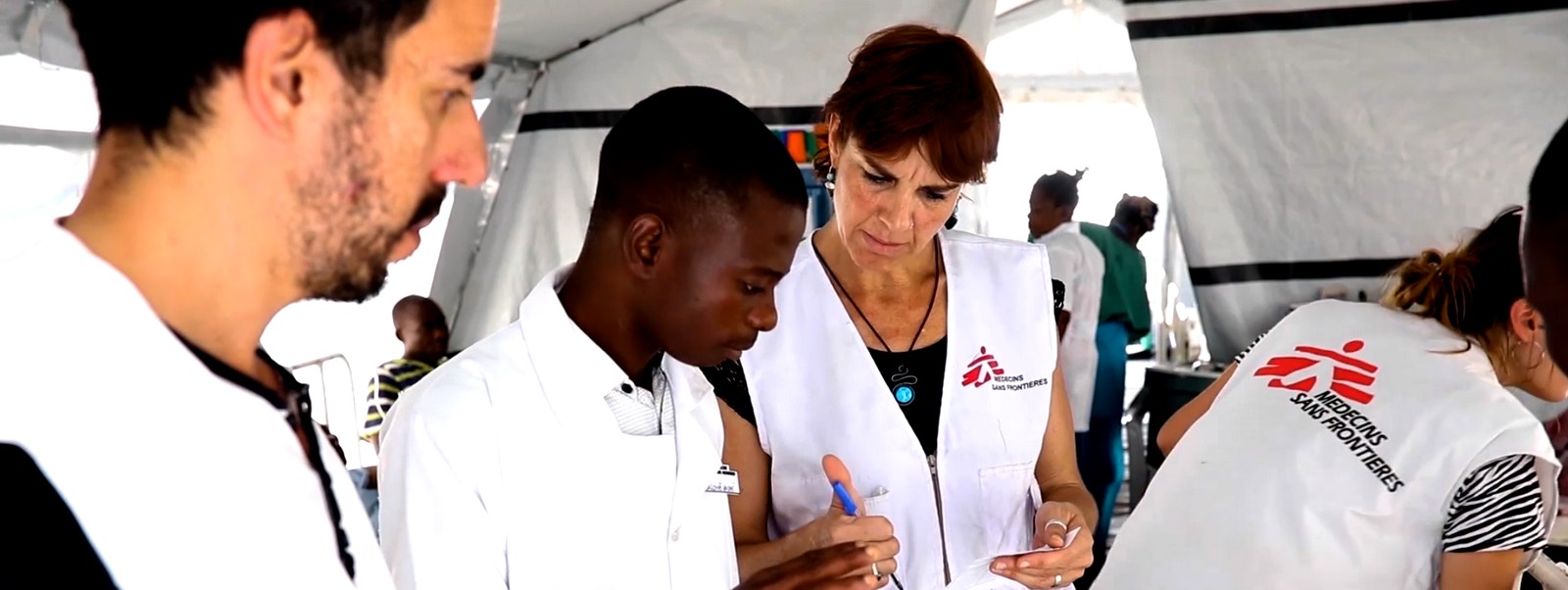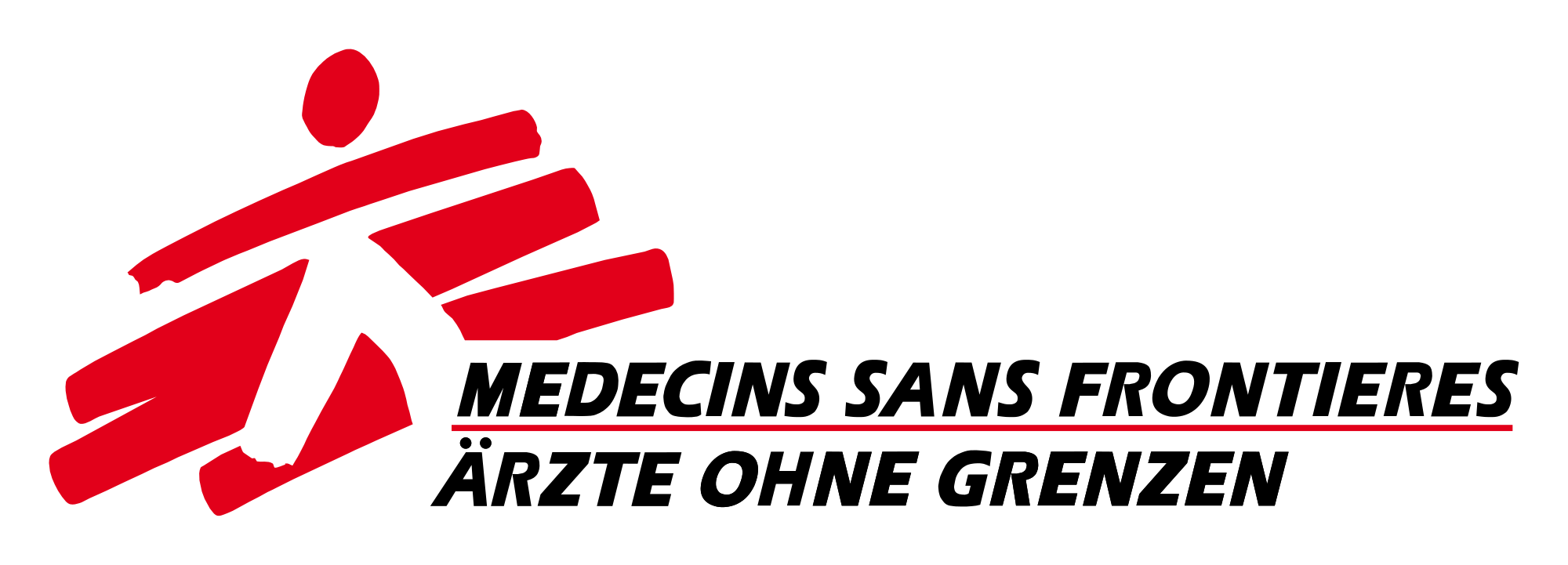Médicins sans Frontières (MSF), or Doctors without Borders, have the goal to provide medical assistance to those in need, no matter which country they are from or what their religious or political views are. The field project missions of MSF in over 70 countires are coordinated mostly from five so-called operational centers in Amsterdam, Barcelona, Brussels, Geneva, and Paris. Additionally, another 16 so-called partner sections in other countries are responsible for national fundraising, recruitment of (medical) staff, and local public relations and awareness raising.
Along with the increase in MSF’s worldwide humanitarian field missions, the organizations of the operational centers and section headquarters have also grown. Even though the targeted use of funds within the MSF movement—that is, the minimization of purely administrative costs—is overall very efficient, there is a continuous striving for increasing overall efficiency and cooperation between national sections. The overarching goal is always to allocate funds the best way possible to humanitarian aid projects in troubled areas. To better coordinate initiatives that address the further increasing of efficiency and effectiveness, the international MSF Executive Committee has created a world-wide taskforce.
Project approach
During a seven-week project on site at the German MSF section in Berlin, Oliver Wyman supported the global MSF movement with kicking off the taskforce. Apart from defining concrete efficiency measures for certain functional areas, one major aim of Oliver Wyman’s support was the transfer of knowledge and methodology to set the basis for the taskforce’s further efforts in the future.
In a first step, and in close collaboration with the management of MSF Germany, MSF International, and other major MSF centers and sections, interviews were conducted and data requested to create transparency on current processes and to uncover existing pain points.
Based on these insights, measures tailored to the context of MSF were developed and evaluated with regards to their savings potential and likelihood of implementation success. Subsequently, these measures were discussed and prioritized together with the responsible stakeholders. At last, concrete next steps, responsibilities and implementation plans were defined.
As an organization mostly funded through private donations, MSF aims to spend as much money as possible on helping people in need. Thanks to their ability to quickly understand and adapt to our needs, Oliver Wyman was able within a matter of weeks to develop a series of concrete initiatives to increase the efficiency of key administrative services. The know how that Oliver Wyman shared with us will help us to identify further opportunities to optimize activities, thereby freeing up resources for our medical work in humanitarian crisesFlorian Westphal , Managing Director, Médecins sans Frontière
Results
The implementation of the developed initiatives will help MSF to further shape an efficient organization, designed for future challenges and further growth. Lessons learned and knowledge acquired during that first phase—for example, regarding possibilities for standardization and centralization of certain tasks and functions—will form the basis for identifying and developing further measures addressing other areas during the next phase of the taskforce. Furthermore, during the work with Oliver Wyman, a dedicated program management office for the efficiency taskforce was set up. This, along with a clearly defined communications plan, will ensure that all implementation efforts within the scope of the taskforce will be centrally coordinated and actively rolled out into the overall organization.
It was truly impressive to see how, together with MSF, we were able to not only initiate this important project in such a short time and across globally distributed offices, but to jointly develop concrete, tangible initiatives. This was only possible thanks to our MSF counterparts showing the same level of commitment to this cause as they do with humanitarian issuesFrederic Feucht and Maximilian Klüpfel Oliver Wyman

